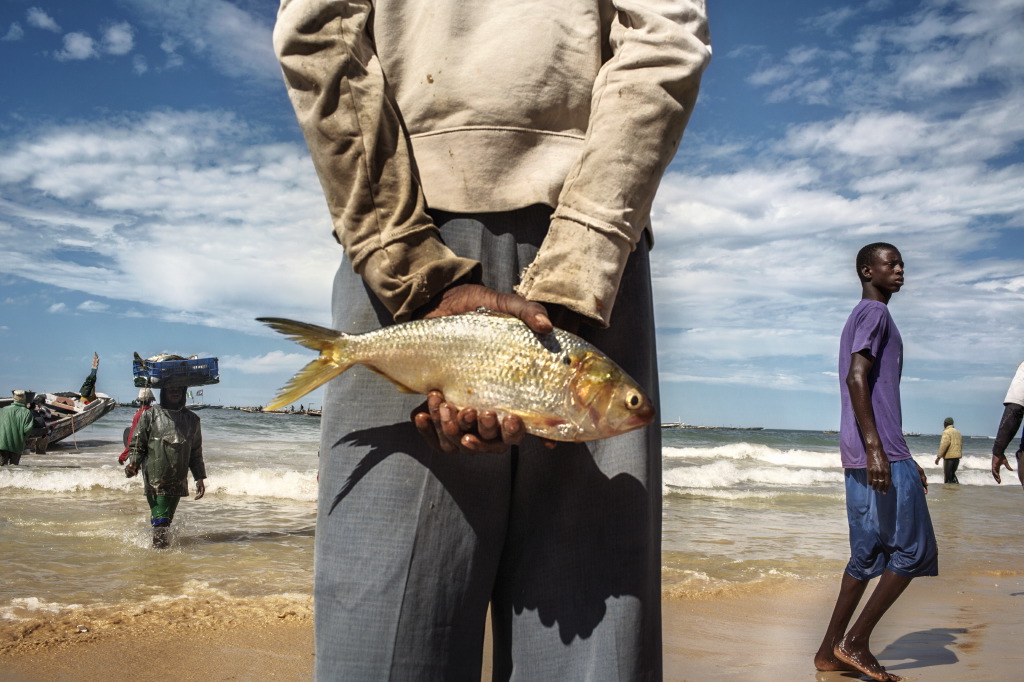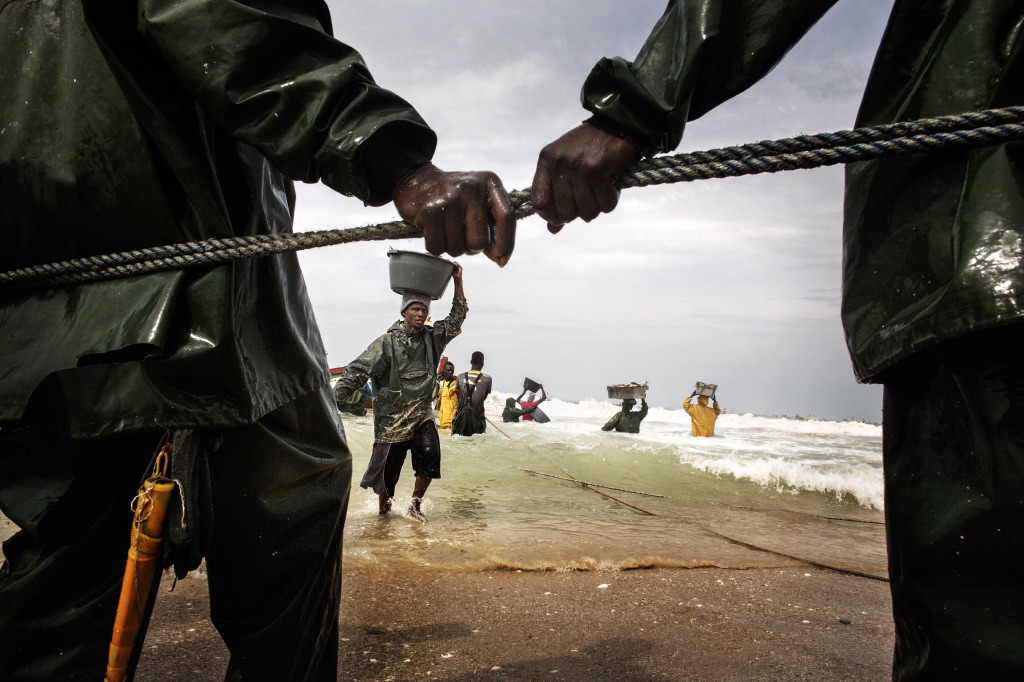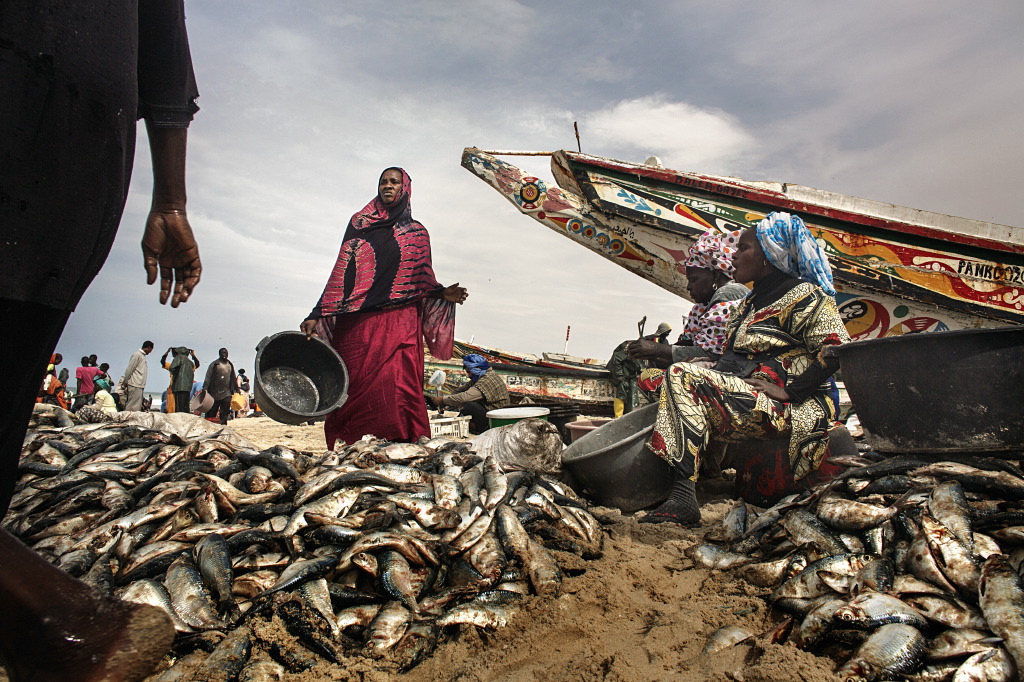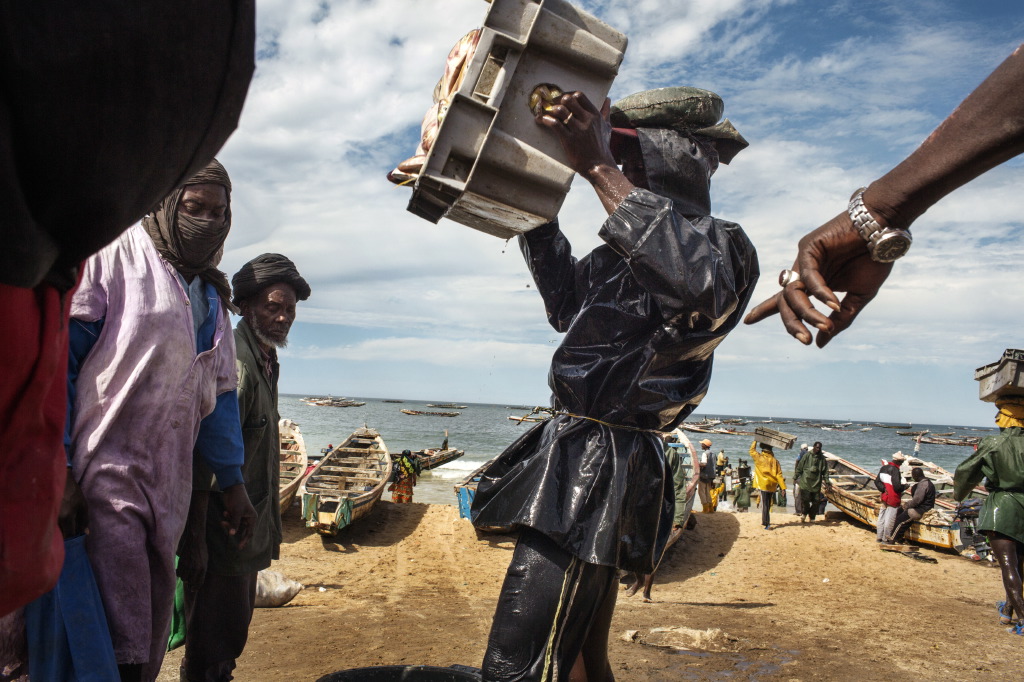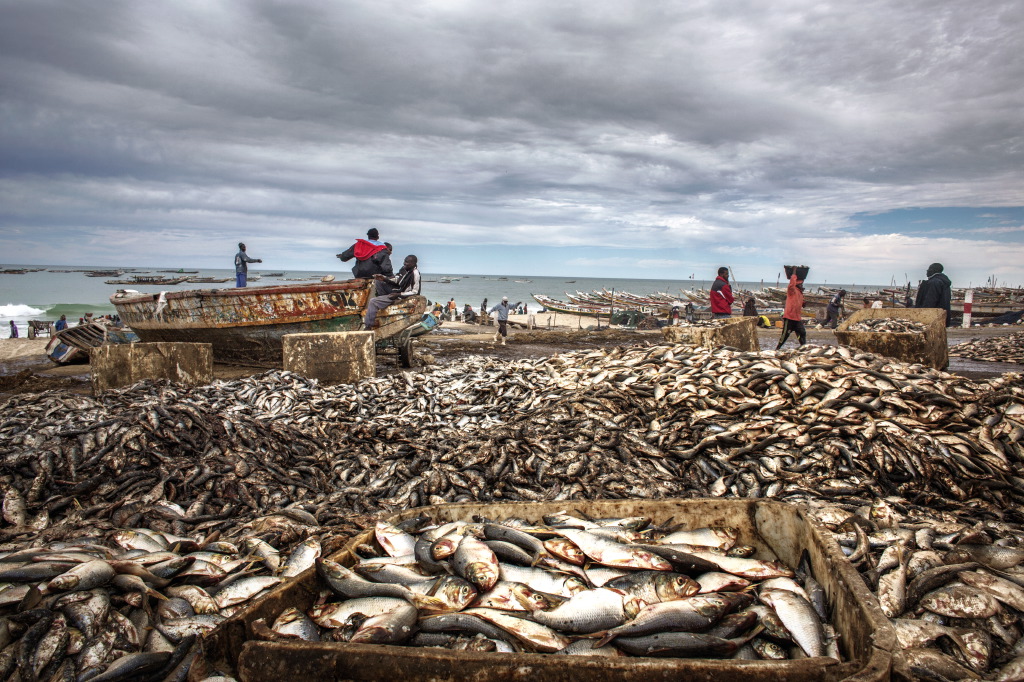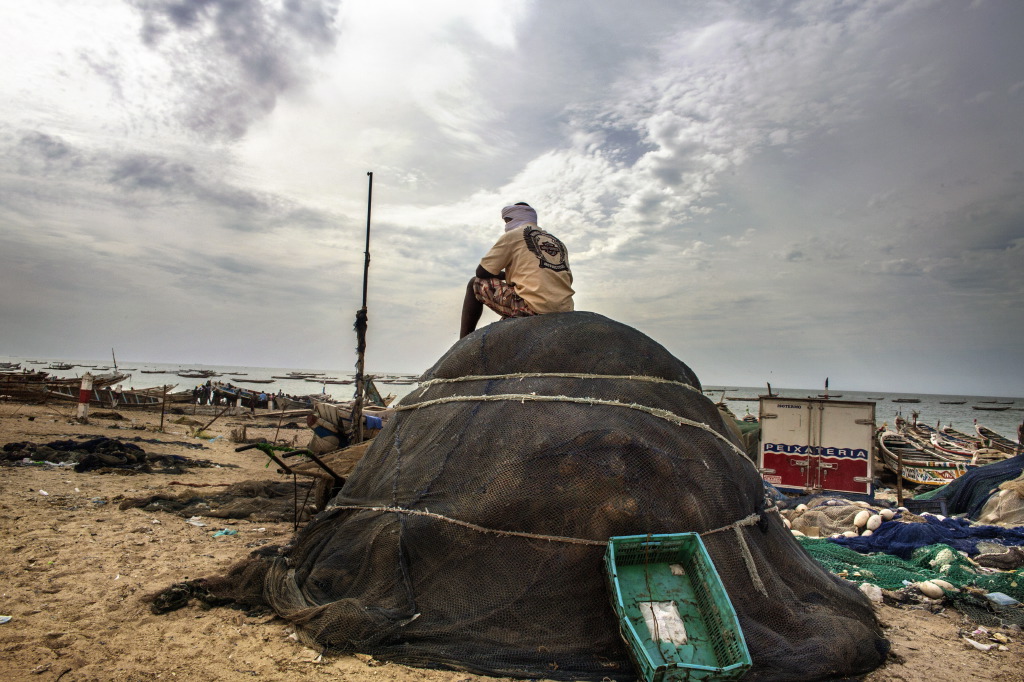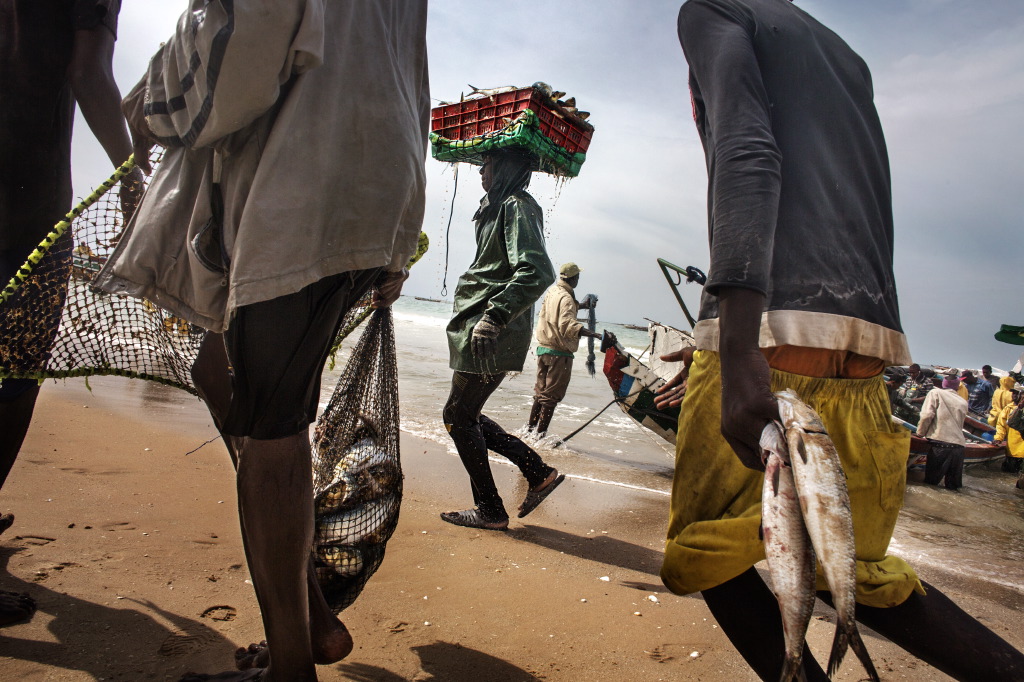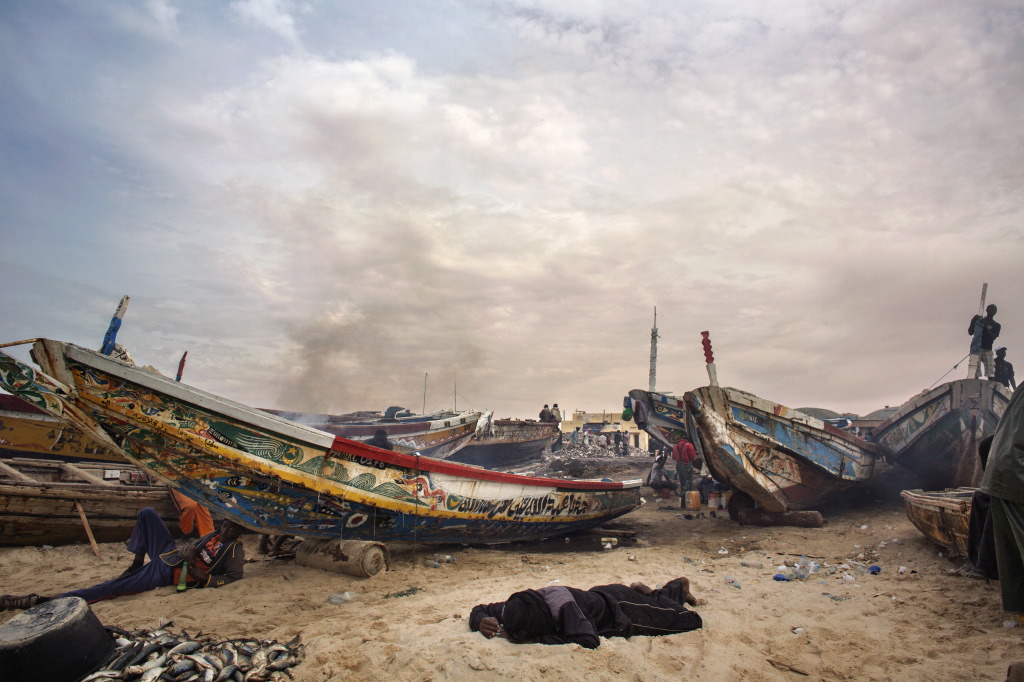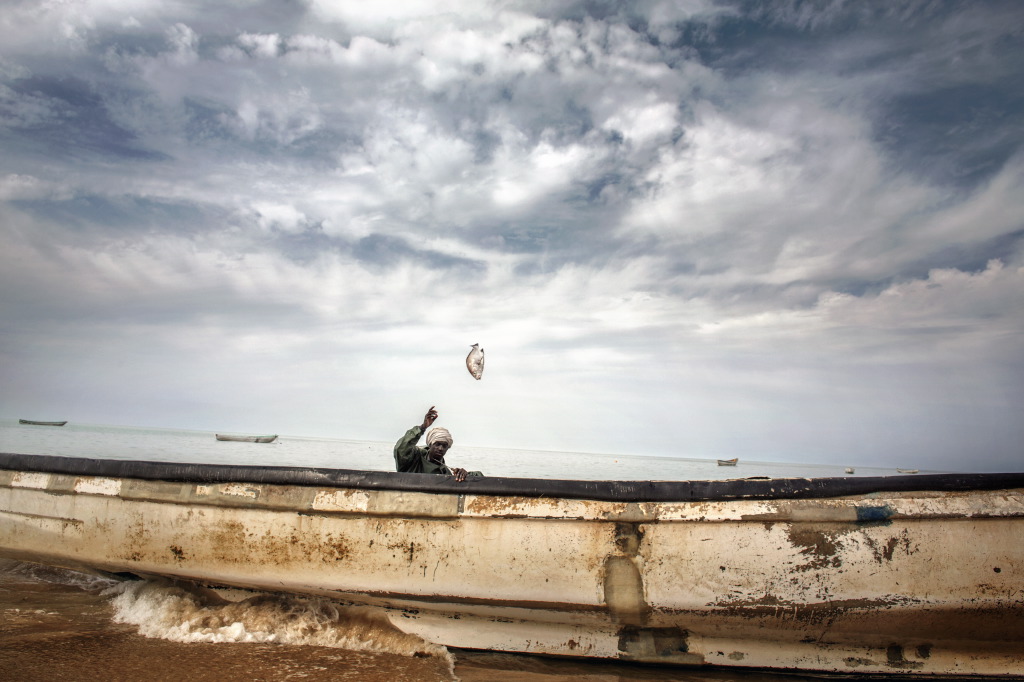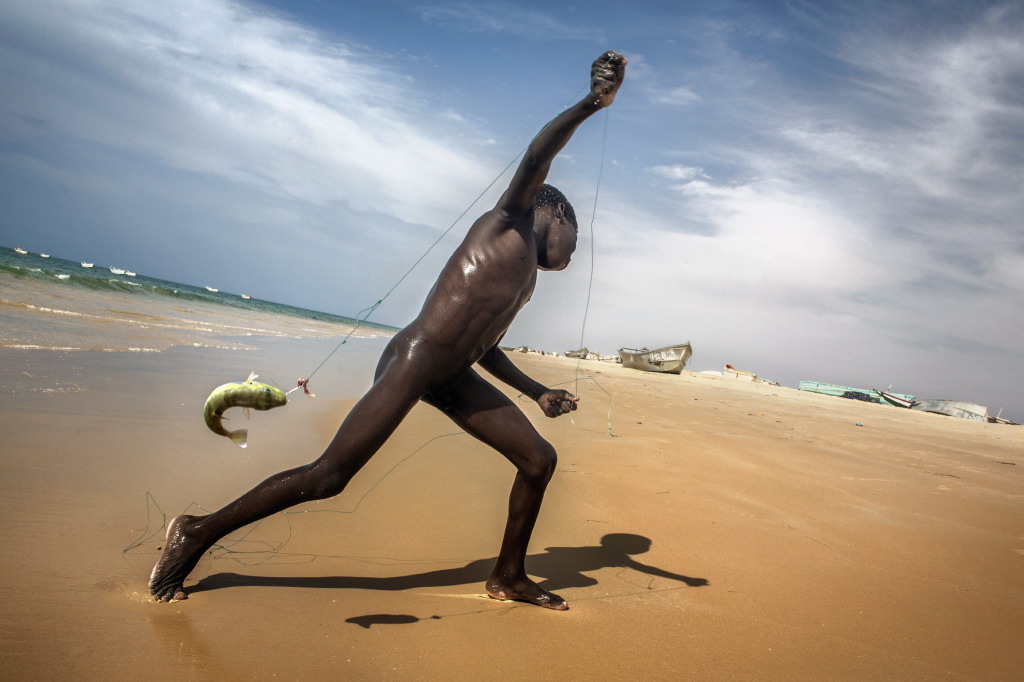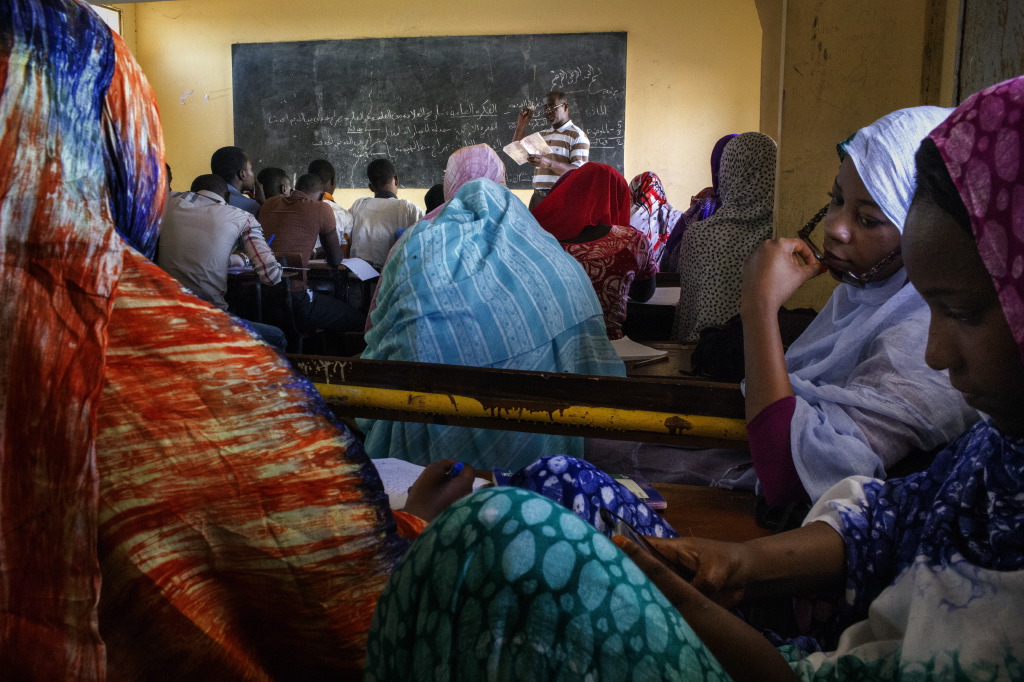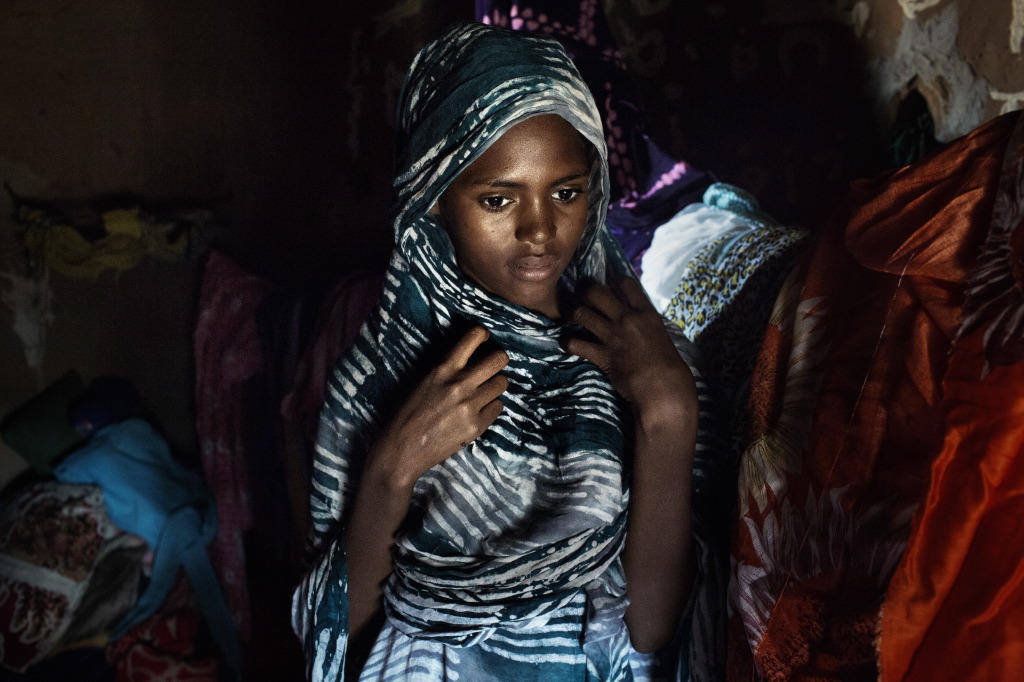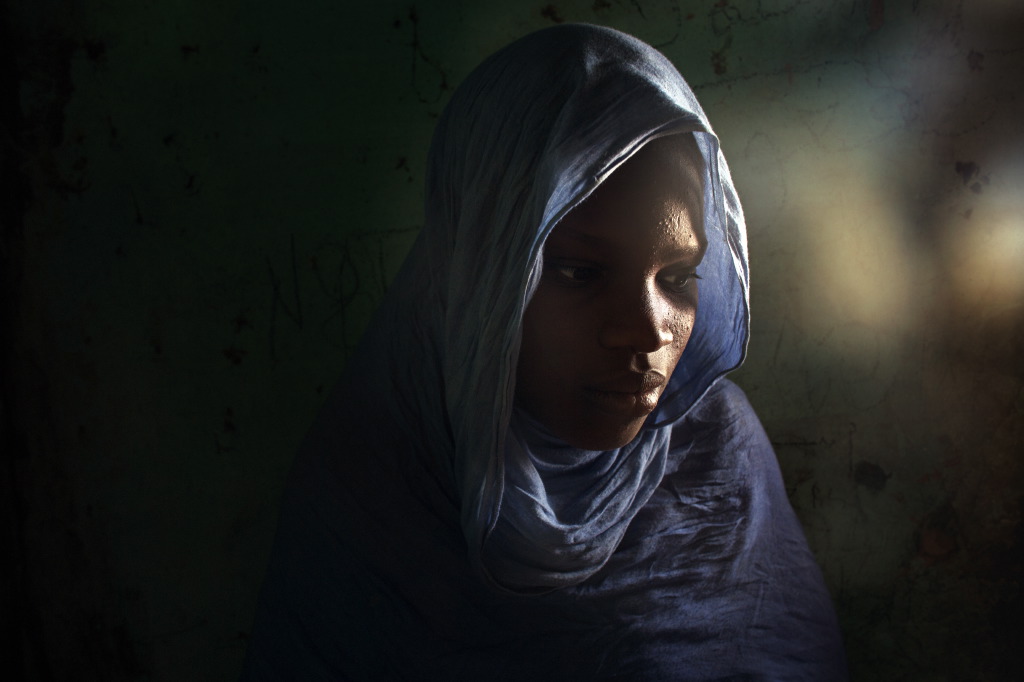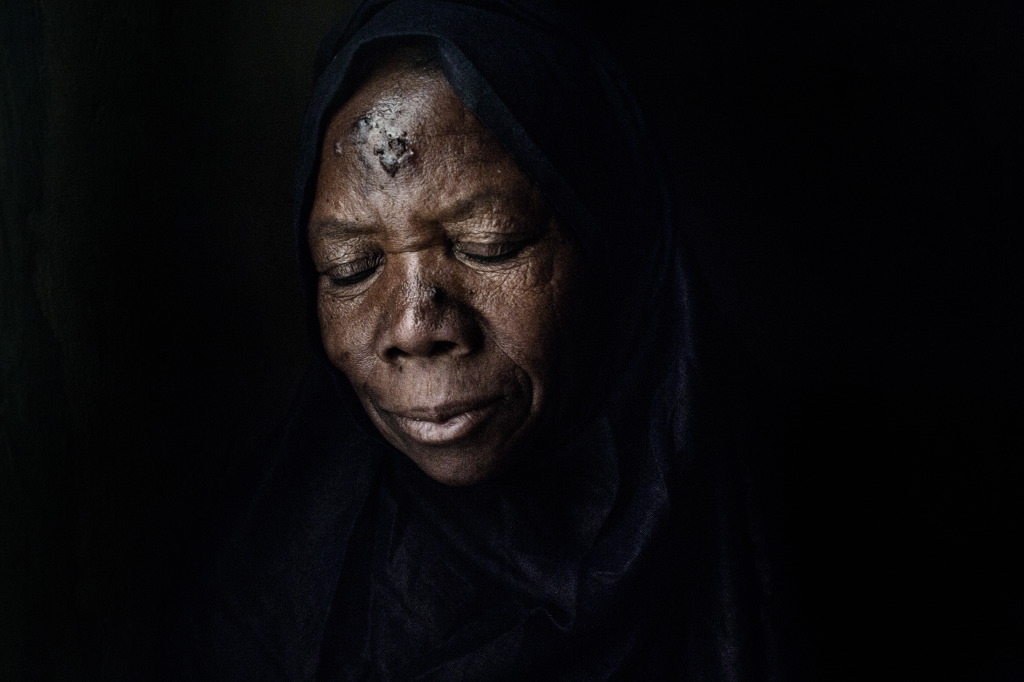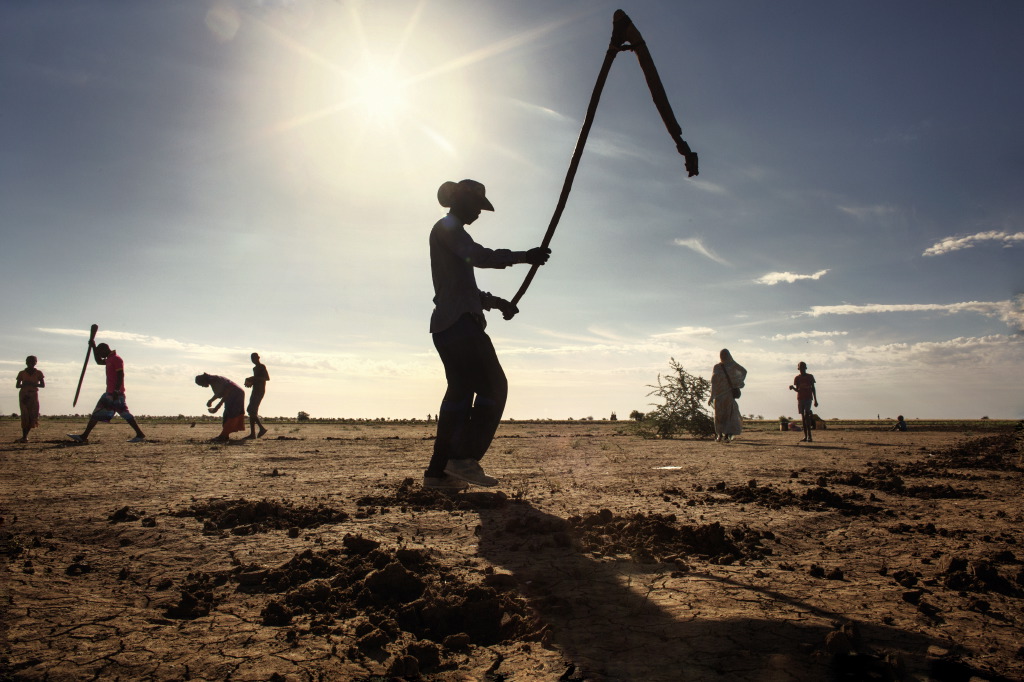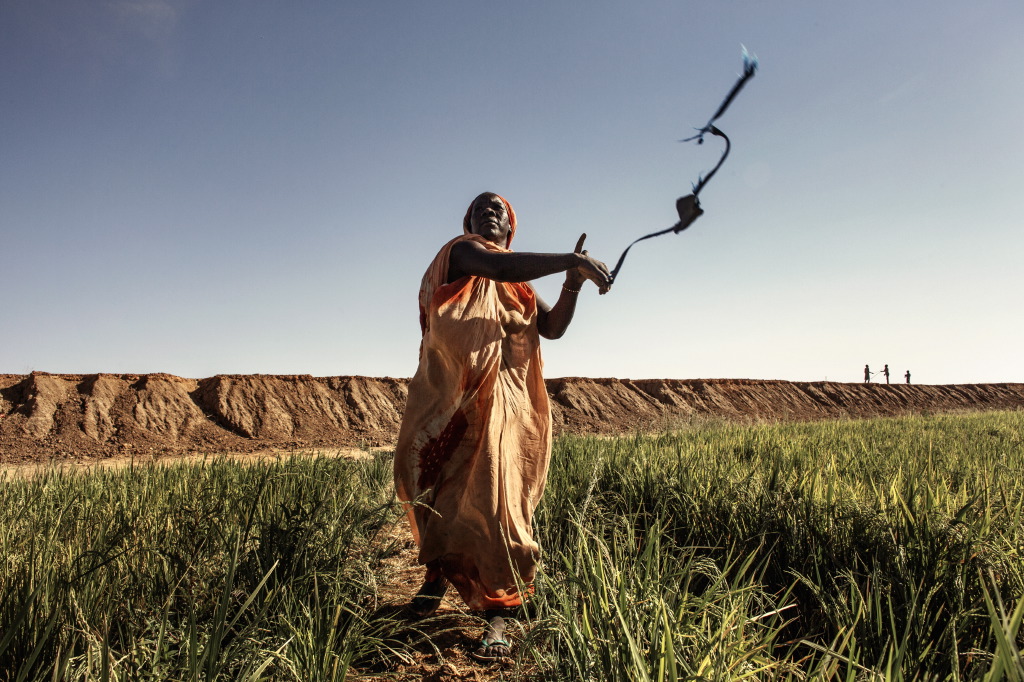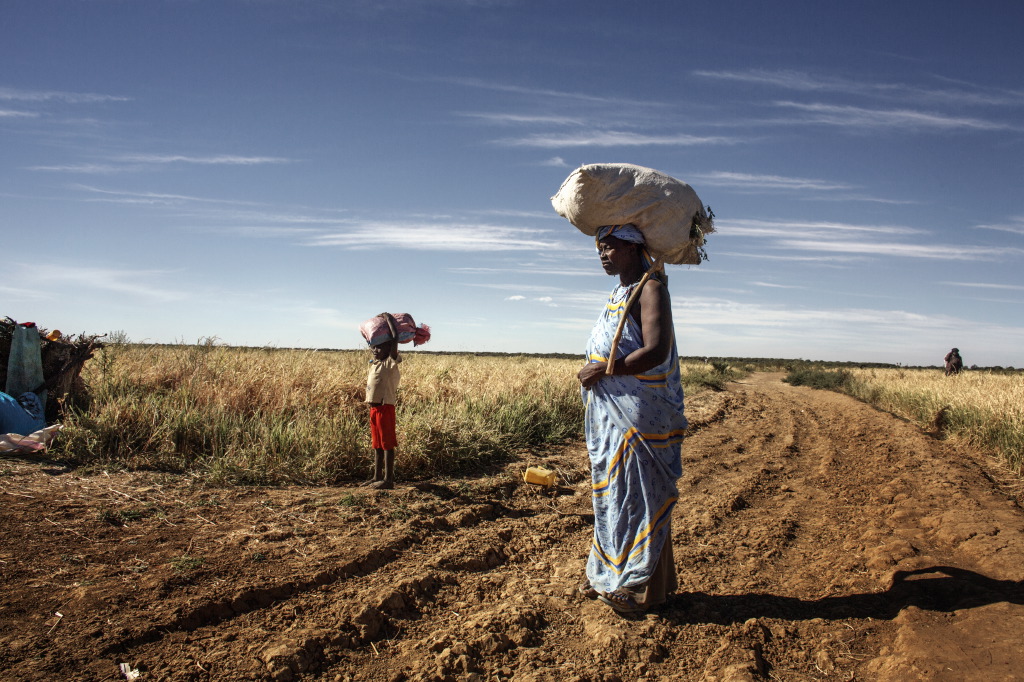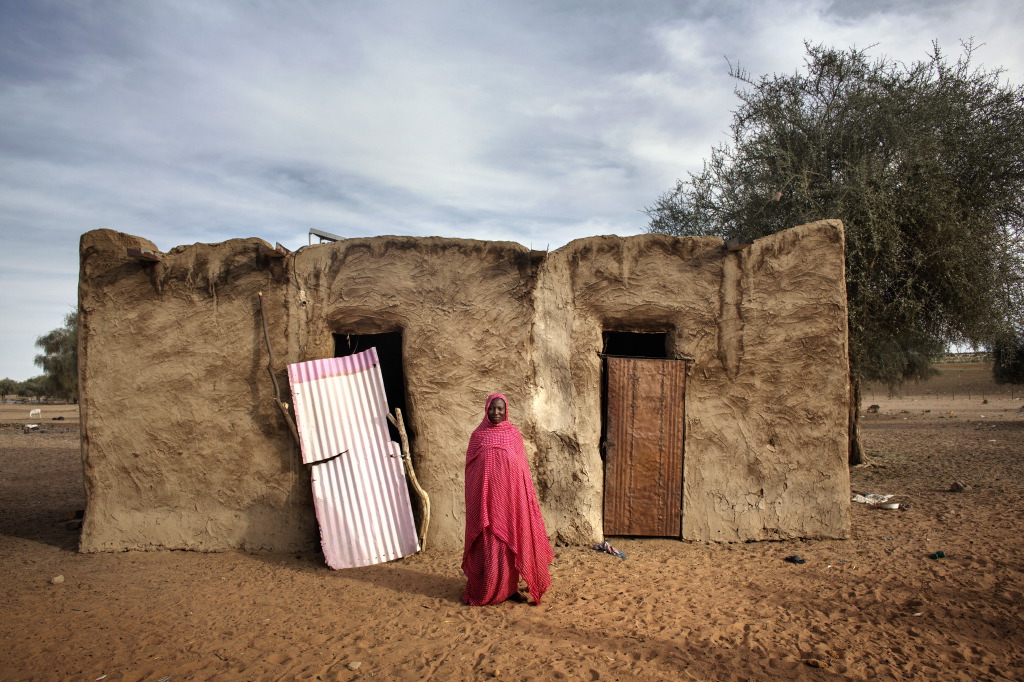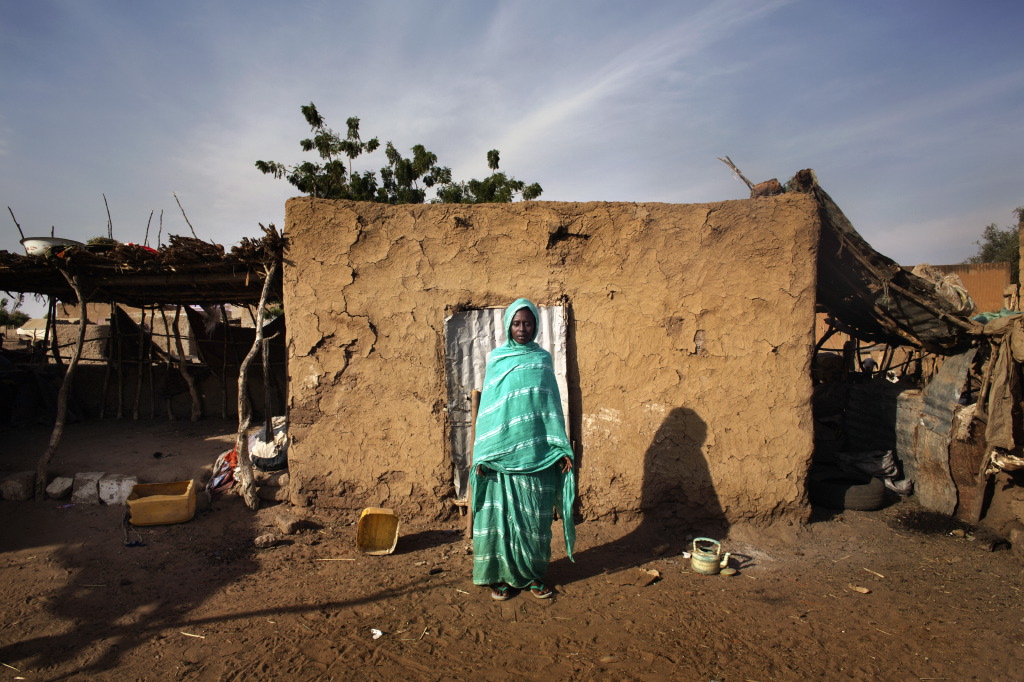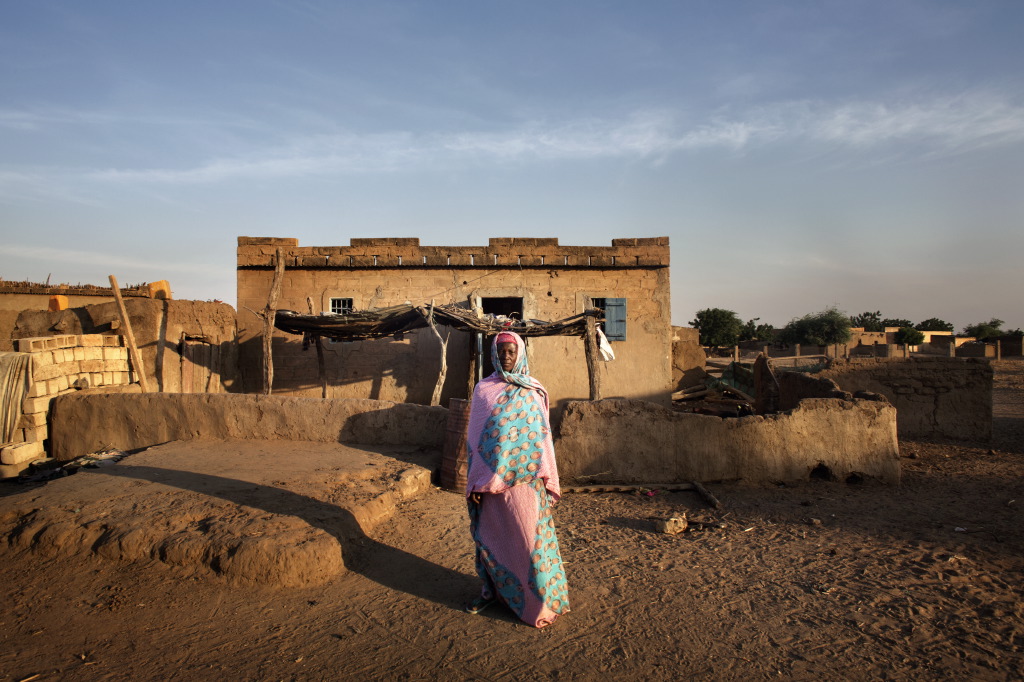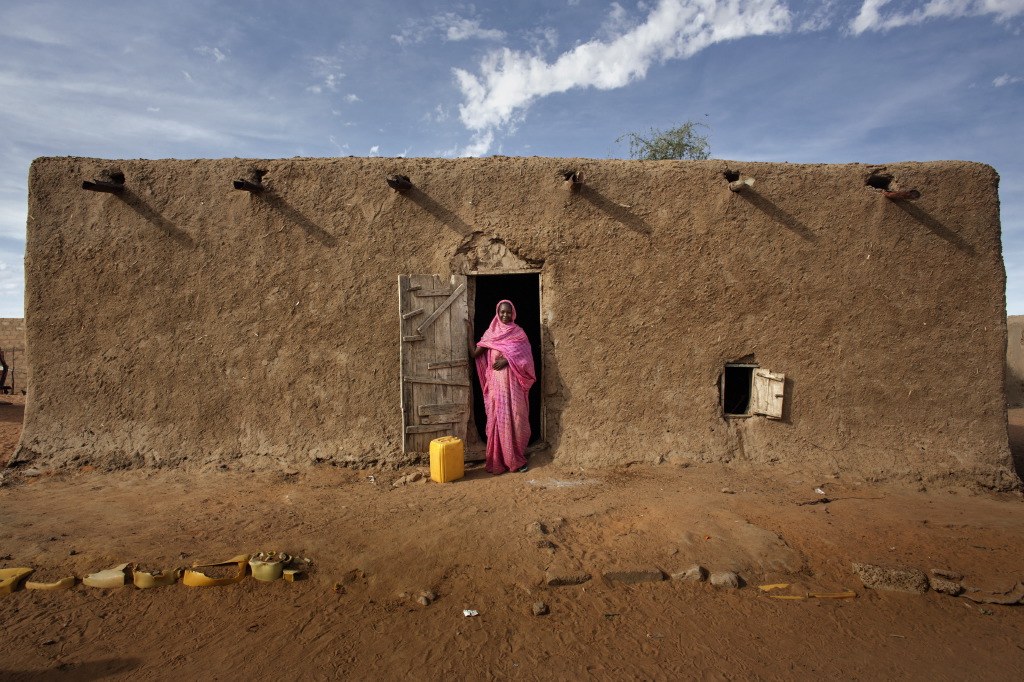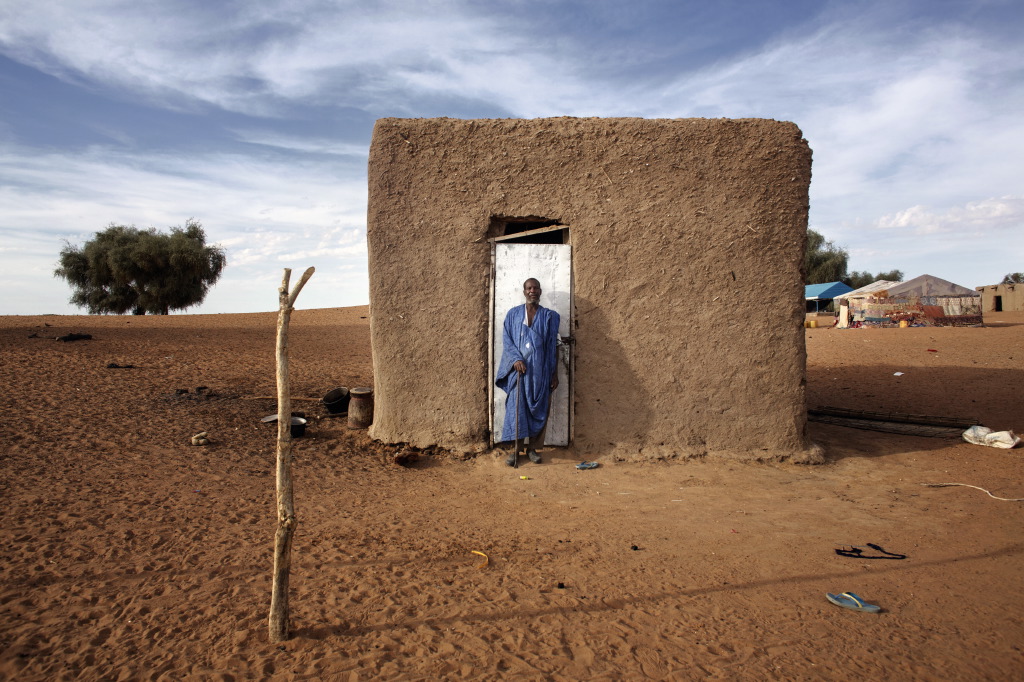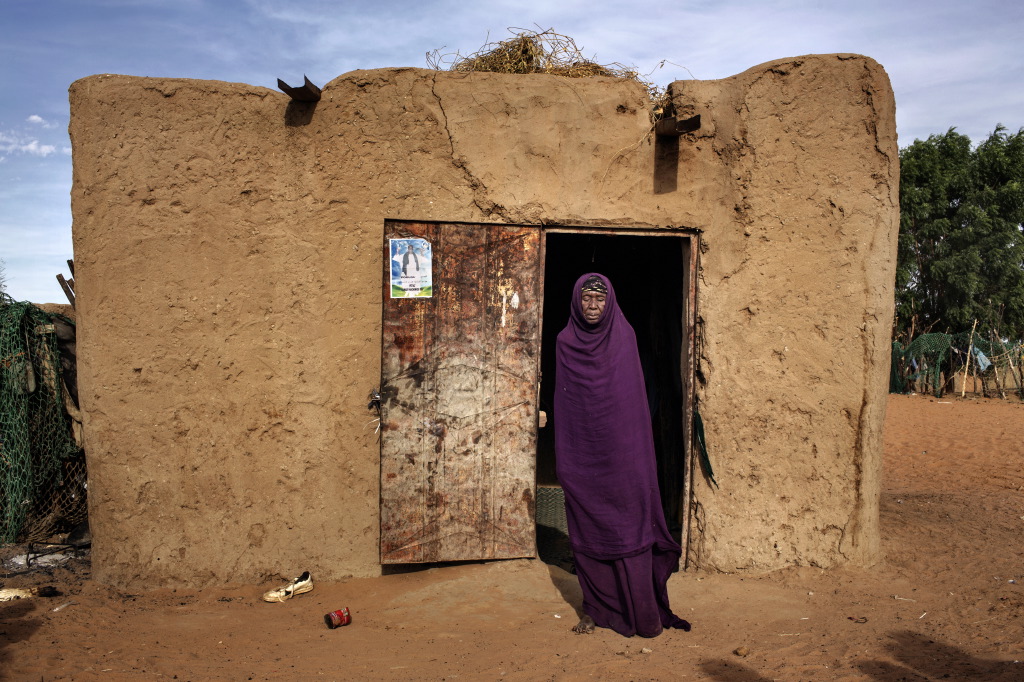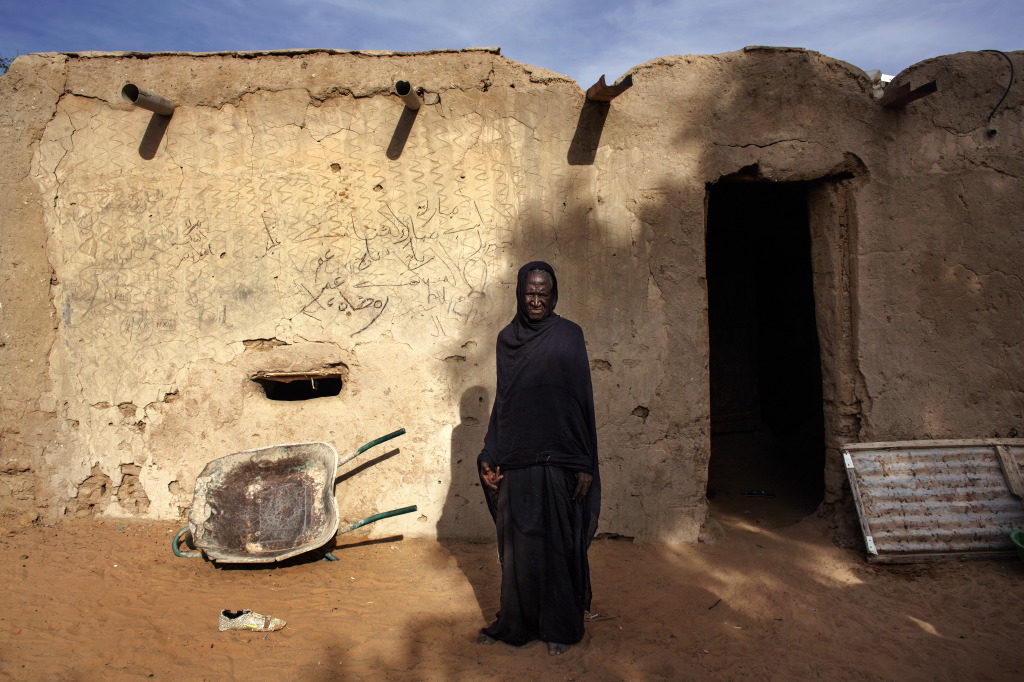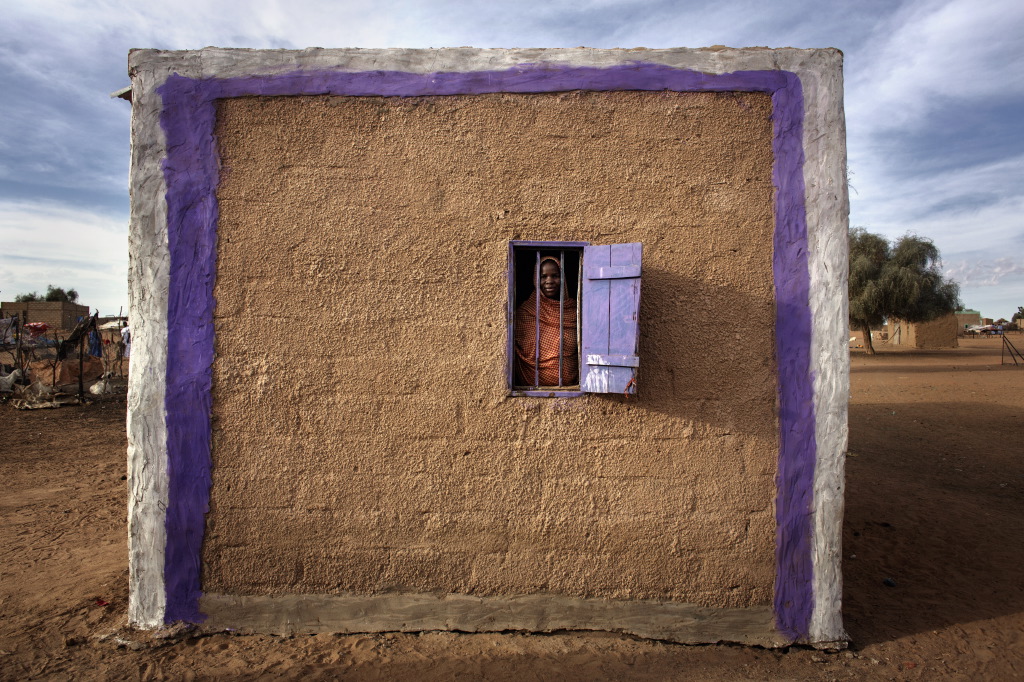X
Mauritania is the country with the highest rate of slaves in the world: 140-160,000 people out of a total of less than 4 million inhabitants. The data are reported by the Global Slavery Index 2013 based on a study conducted in 162 countries, which combines various indicators, including human trafficking inside and outside a country and girl child marriages. But who are the slaves of the 21st century? They are adults and children considered exclusive property of a master, who exercises full power over their lives and that of their descendants. One is born and dies as a slave; it is a status that is handed down from generation to generation, just like it happens to the Haratins, the black population subjected to the minority of Arab origin for centuries, the same minority that today holds the political and economic power in Mauritania. Although it was abolished in 1981, slavery became a criminal offense and slaveholders were criminally prosecuted only since 2007. For the few slaves who are aware of their rights it is difficult to get justice. The law seems to have been designed to discourage victims. The slave must report his status otherwise the police cannot proceed ex officio. The burden of proof lies with the victim who is often illiterate and unable to make a formal complaint. Nor can the victim get support to complete all bureaucratic formalities; the many local associations that fight in defense of human rights cannot intervene because the law does not allow it. Unsurprisingly, no master has been convicted of slavery since the law came into force. (text by Luca Catalano Gonzaga).
